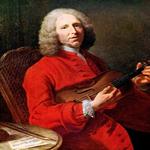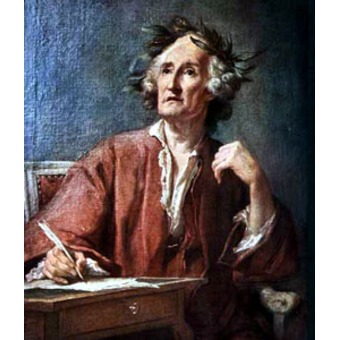

Jean-Philippe Rameau
Born: 1683Died: 1764
Education: Jesuit college at Godrans in Dijon, Rameau was taught music before he could read or write
Career: as a violinist in travelling companies and then as an organist in provincial cathedrals before moving to Paris for the first time.
French composer and music theorist. Son of an organist, he held organist posts until he was 49. His Treatise on Harmony (1722) established him as a major music theorist. In it he asserted that harmony is the basis of music, and that chords, which had been understood principally as collections of intervals above a bass, should instead be seen as representing inversions of more fundamental harmonic entities. From 1733 he wrote a series of highly successful operas, including Hippolyte et Aricie (1733) and The Gallant Indies (1735), assuring his place as the most important French opera composer since Jean-Baptiste Lully. In the querelles des bouffons (“war of the buffoons,” 1752–53), a famous artistic controversy about the relative merits of French and Italian opera, Rameau’s music exemplified the French style. He also won renown for his many keyboard pieces, mostly composed for harpsichord.

